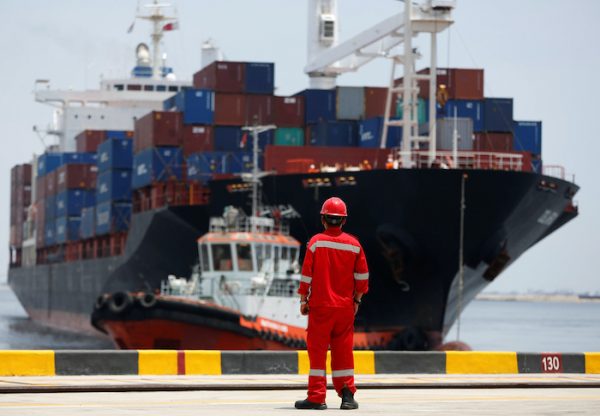The agreement significantly reduces trade barriers between the two, boosting exchange in goods and services. Indonesia’s ratification follows seven other ASEAN member countries and comes three years after Indonesia signed the agreement in 2017.
By ratifying the deal, Indonesia has committed to eliminating customs duties on about 75 per cent of its tariff lines within 10 years and reducing customs duties on a further 10 per cent of its tariff lines within 14 years. The tariff reductions cover a range of Hong Kong commodities including jewellery, clothing and accessories, watches and clocks, and toys. Hong Kong will grant tariff-free access to all products originating from ASEAN member states, including Indonesia, once the free trade agreement (FTA) is effective. Indonesia’s trade ministry anticipates that the export of luxury items to Hong Kong, such as edible swiftlet nests and tobacco products, as well as communication and electronic equipment, will enjoy a strong kick.
The AHKFTA is the sixth FTA between the ASEAN block and external partners, after agreements with China, South Korea, Japan, India and Australia–New Zealand. Such arrangements have successfully boosted Indonesia’s total trade volume with those counterparts.
Indonesia’s imports from China and South Korea have increased significantly since 2010, after joining the ASEAN–China FTA and the ASEAN–Korea FTA. Indonesia’s exports have remained sluggish, however, especially to South Korea and Australia. Some might argue that this demonstrates the ineffectiveness of FTAs — but the overall picture is more nuanced than the ‘exports are good, imports are bad’ trope.
According to CSIS Indonesia, FTAs between Indonesia and its major partners have allowed participants to become more specialised and efficient producers. This is due to the economic shift these FTAs initiate towards a more natural pattern of trade that reflects comparative advantage. Such efficiency increases economic welfare among the participating countries.
This study also found that production networks in Southeast Asia are heavily reliant on parts and components being imported to manufacture export goods. This is another reason to move beyond the mercantilist trope.
The AHKFTA is expected to have Indonesia more involved in these global value chains (GVCs), magnifying the positive growth, employment and distributional impacts of standard trade through boosting domestic productivity, capacity and employment. The World Bank found that companies in developing countries involved in GVCs are twice as productive as those that aren’t. In addition, ‘a one per cent increase in GVC participation is estimated to boost per capita income by more than one per cent, or much more than the 0.2 per cent income gain from standard trade’, says the World Bank.
A clear integrated strategy by Indonesia in utilising the AHKFTA to boost trade and inclusion in GVCs is key. The government must work hand in hand with stakeholders, particularly the private sector, to deliver better information and assistance that helps companies export more of their products into newly opened markets.
Looking ahead, clearer regulations and simplified licensing will create a more conducive and enabling Indonesian business environment. Paying careful attention to improving the capacity of domestic industry in preparing for an increased involvement in GVCs — that key opportunity emphasised by this agreement— is also essential. Taking a longer-term view, a regular review of the trade agreement would ensure progress is tracked against goals.
Hong Kong’s economy is shrinking this year, mainly due to local unrest and the COVID-19 pandemic. Making matters worse, US President Donald Trump recently signed an executive order revoking preferential economic treatment for Hong Kong, nominally in response to China’s enactment of a new national security law. All this uncertainty will likely reduce the impact expected of the AHKFTA for Indonesia.
The adoption of this trade deal suggests that stronger trade and financial roles for Indonesian officials in Hong Kong would be especially useful. Representatives acting as market analysts and ‘trade intelligentsia’ to seek out opportunities to elevate trade will be particularly critical in helping promote Indonesian business and tap into international trade networks. Such a step would align with the economic diplomacy agenda emphasised by Indonesia President Joko Widodo. Importantly, it would assist Indonesia become more dynamic and responsive to the rapidly evolving political and economic Hong Kong climate.
The AHKFTA is a rare opportunity for Indonesia. It is time for Indonesia to access the benefits of Hong Kong’s international trade networks and elevate its active engagement in GVCs.
Nopriyanto Hady Suhanda and M Ridho Mubaroq are analysts in the Center for Regional and Bilateral Policy at the Fiscal Policy Agency, the Ministry of Finance, Indonesia.
The views expressed in this article are the authors’ own and do not necessarily reflect those of any government institution or organisation.

